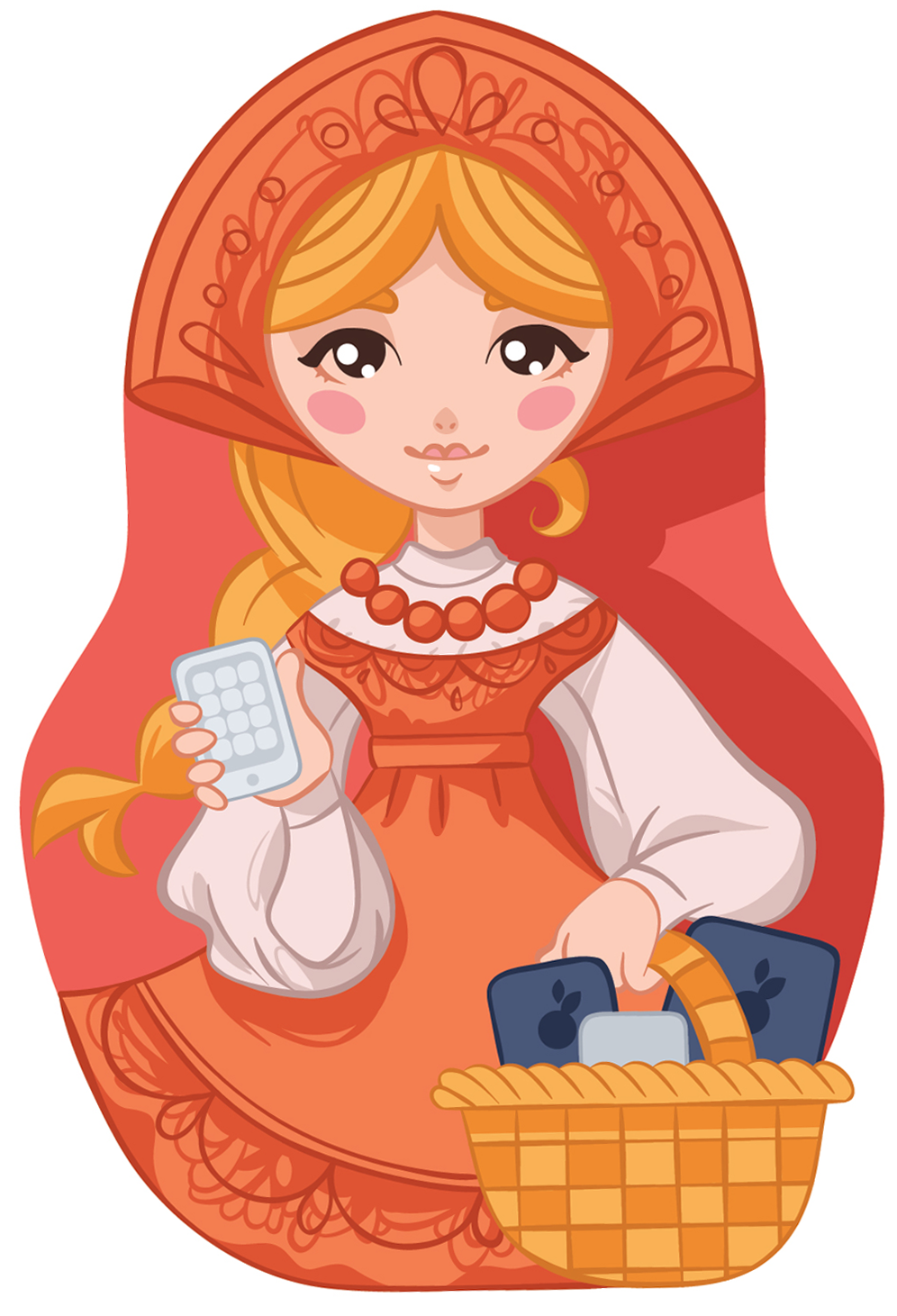Blog about successful marketing strategies in russia
Community Management Features: Combating Aggression or Trolling as a Marketing Tool


DIGITAL MARKETING
Share this Post
Community management is a standard practice in any industry, without which it is hard to imagine proper communication of a brand with its end users today. However, while communities used to be formed on forums, today a lion’s share of discussions takes place on brands’ official accounts in social media and chats.
Role of a community manager in a community
In various industries, most often, a moderator of a community like that in social media, forums, and chats is one and the same person—an SMM manager or an online marketing specialist, who, apart from their other duties, communicates with users residually. The best situation with communication moderation in communities is in the game industry: there are community managers who work in almost all game companies.
There is one important feature distinguishing gaming communities from other client ones. All gamers are united by the same—they spend some of their free time playing PC, console, or mobile games. In other words, millions of gamers all over the world share interests and values, what makes all gamers one large potential community. That is why it is much easier to unite gamers than fans of brands of non-game industries.
It is worth remembering that communities are, first and foremost, connections between people. To build these connections, they need to communicate. Strong ties are formed where common interests happen to be. However, one needs to understand that one and the same brand can unite teenagers and mature people—consequently, communication in the community must be adapted to different audience segments, too. Thus, in fact, a community manager must ‘feel’ every single user and seek to speak the same language to community members.
One more important requirement imposed on a community manager or a moderator is that he or she must know the subject very well so that community members could recognize their opinion leadership and implicitly trust their expertise. For this, one needs not only to deepen into details of properties of the end product, but also to know all inner workings from the date of the company’s foundation until today. Or, at least, a community manager must know whom from and what information he or she can request in the company in order to get a prompt answer to questions that users raise and to communicate it.
Community managers cooperate with support, analytics, and marketing departments not in all companies, but this is essential for high-quality support of the project and useful for the whole team.
Should aggressors be banned?
Answers to common users’ questions, as a rule, are prescribed in standard instructions, and many companies prepare scripts of answers to typical requests in advance. But what has to be done if a so-called troll visited your page?
Nowadays, the Internet grants a right to express all these things that we would be ashamed to tell to face or send in a private message. In this situation, it is important to understand that conflicts often generate much-needed and desired communication in the community, and struggles in the community shows that it is alive.
Any comment addressed to a troll can cause feedback, which is most likely to transform into an uncontrolled influx of negative stuff in your community. In order to minimize a risk of this outcome of a dialogue with toxic users, it is important to map out what to do beforehand.
Issuing a caveat first, you can block such users only if it comes to the worst. Remember, any blocking is giving your ground, extra negative vibes, and less trust of your loyal users.
Answering trolls
We have prepared several simple recommendations that will help a community manager reframe communication with trolls in the way you need and take control of communication in the community.
So, if a troll dropped a message in a community, a community manager should:
- stick to a positive or neutral style, communicate in a calm and respective manner;
- become personal and criticize the opponent in no way;
- answer questions clearly and substantially, remain unprovoked even if the talker becomes personal;
- if a brand is down-talked, ask for an ‘expert’ piece of advice from a troll how he or she, for example, would improve one or another aspect of the product.
There is a separate category of aggressors, or trolls for the sake of trolling, and it is very hard to combat them, but there is no real need in it. In most cases, blocking will not help there either. An optimal option for such trolls will be just ignoring.
In order to solve such cases successfully, a community manager must have basic communication psychology skills and remember that their main goal is to neutralize the attack and not to get a positive or a negative response.
Rules and restrictions
Pay attention to how comfortable it is to communicate for members of your community, not for you personally—it is they for whom you create a platform for communication. If you noticed that the majority of them dislike something, introduce a respective rule.
This refers to any rules to maintain a positive atmosphere in the community.
Examples:
— rude language towards group members is not allowed,
— incitement to religious or national hatred,
— publication of 18+ posts,
— discussion of competitive projects and unreasoned criticism of the community administration etc.
For violation of rules, you can send a warning first, and when it is repeated, you are more than welcome to ban a disrespectful user.
So many communities, so many strategies
There is no single right answer how to combat online aggression. The more a community manager communicates with users, the more his or her expertise in resolution of conflict situations becomes. Talk to users, test different communication approaches, and you will manage to build a living community that will deal with your business tasks.
If you have not decided on the communication strategy of your brand in the Russian market yet or if you want to improve the existing one, RMAA Agency experts will help you with it.
Join 2,000+
of your Peers!
You will be the first to know about Russian marketing insights, news and updates from our agency. Stay tuned!
Get our latest articles delivered to your email inbox and get our exclusive White Paper
"Digital Marketing in Russia. Finding your customers on the internet"
for FREE!
Russian Digital Market Overview
Strategic Insights into Russian Digital Marketing Landscape

Ready to partner with the specialists in Russian marketing and advertising?
About the Author
Head of Digital, editor-in-chief of the RMAA Agency Blog
Join 2,000+ of your Peers!
Get our latest articles delivered to your email inbox and get our exclusive White Paper "Digital Marketing in Russia. Finding your customers on the internet" for FREE!
You will be the first to know about Russian marketing insights,
news and updates from our agency.
Stay tuned!
We're updating our website's design step by step, so some pages may look different. Thank you for your understanding.
Got it














